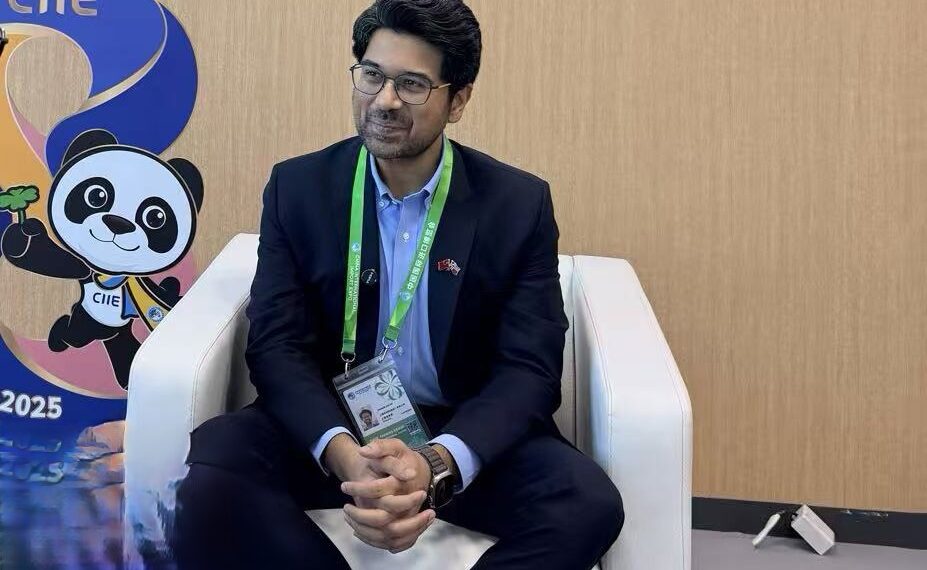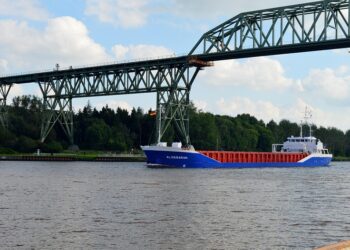Select Language:
Northern.tech, a Norwegian company specializing in device lifecycle management, is focused on establishing a strong local presence in China to better capitalize on the rapidly expanding internet of things and smart manufacturing sectors. Their goal is to operate from within China to serve Chinese customers more effectively, rather than simply managing operations remotely from Norway.
During the China International Import Expo in Shanghai, Shoaib Zafar, head of global operations, emphasized their commitment to deepening roots in the Chinese market. The company develops open-source and enterprise-grade software solutions for over-the-air updates and device security. At the expo, they showcased their flagship platform, Mender, which provides secure, customizable OTA software updates for smart devices.
Northern.tech aims to adapt its offerings to meet the specific needs of Chinese clients while preserving its core services. The company already supports global critical infrastructures such as healthcare, automotive, and smart homes. Their strategy in China involves understanding local partner and customer requirements to deliver tailored solutions.
The company established a subsidiary in Shanghai’s Jing’an district in June, less than eight months after Zafar’s first visit to China. He shared that after visiting multiple cities, Shanghai emerged as the ideal location, aided by support from government and private partners. He noted that expectations of lengthy approval processes were surpassed, with the entire setup completed in less than six months, highlighting the efficiency of the process.
Despite having a small local team, Northern.tech’s global staff provides full support, and the Chinese branch is as integrated as their U.S. operations. Zafar expressed optimism about expanding the team in China in the future.
He sees limitless potential in China’s IoT sector, viewing China as a global leader in innovation that not only develops smart products but also scales them internationally. The company positions itself as a partner for Chinese manufacturers venturing into new markets with strict cybersecurity standards. For example, they offer compliance solutions aligned with the European Union’s Cyber Resilience Act, which requires all imported connected products to meet cybersecurity regulations.
Zafar believes assisting Chinese companies globally not only benefits them but also impacts the wider world, as Chinese products are prevalent across markets. However, he remains cautious about hurdles faced by medium-sized enterprises, particularly regulatory and bureaucratic complexities, which can be costly to navigate. While larger companies may have the resources to comply, smaller firms often find it challenging to meet extensive regulatory requirements.
Nevertheless, he remains optimistic, citing China’s ongoing efforts to improve the environment for medium-sized businesses and make establishing operations easier. Zafar’s first experience at the expo left a strong impression of its scale and diversity. For Northern.tech, the new office in Shanghai is just the beginning. He believes that helping Chinese companies expand securely into global markets is an urgent priority that should have been addressed yesterday.






